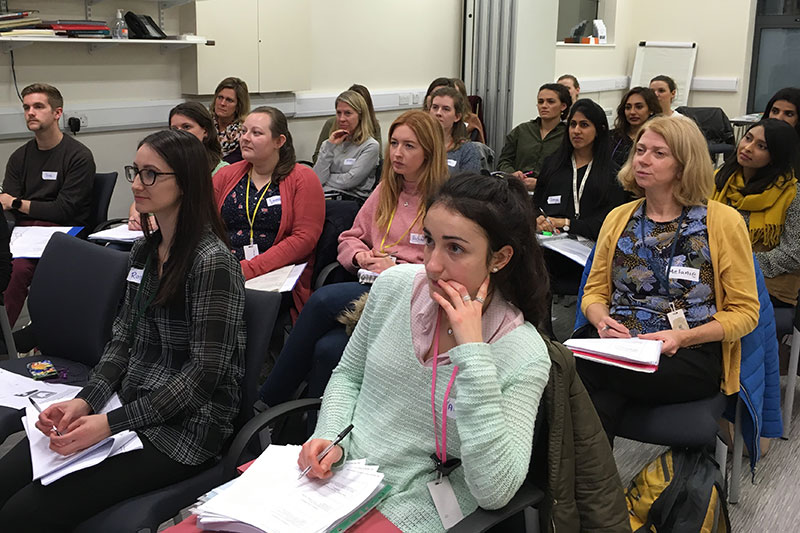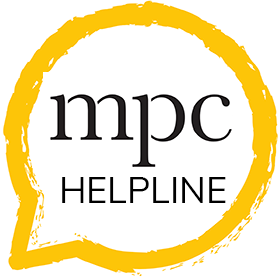Facts and causes
Our main messages
Stammering does not emerge because of anything that parents have done or not done. Parents do not cause stammering.
If a parent is worried – do something.
Overview
- stammering is a a neuro-developmental issue that typically first emerges between 2;6 and 3 years of age
- the same number of boys and girls start to stammer but girls are more likely to stop stammering as they get older so that by later childhood the ratio is 4-5 boys to every girl
Causes
Brain structure and function
There are subtle differences in the way that the parts of the brain involved in speaking develop and function in children who stammer. These differences In neural connectivity and development can be seen in children as young as three years of age.
Chang & Zhu (2013) found that boys who stammer had reduced neural connectivity in the auditory and speech motor parts of the brain compared with girls.
Until there are comparisons with children before they start to stammer it can not be said for certain whether these differences are causative or the result of stammering.
Brain differences are not hard-wired. In the last decade neuroscientists have shown that neural plasticity continues throughout the lifespan.
Genetics
30-60% of people who stammer have a family history of stammering.
Stammering is strongly, but not entirely, genetically influenced. Stammering is epigenetic which means that other environmental factors also have a role (Felsenfeld et al., 2000; Rautakoski, Hannus, Simberg, Sandnabba & Santilla, 2012).
There is not a single stammering gene. Genes associated with stammering have been found on a number of chromosomes (Frigerio-Domingues & Drayna, 2017).
Genetics is likely to contribute to differences in brain structure and function associated with stammering. (Chang, Erickson, Ambrose, Hasegawa-Johnson & Ludlow, 2008).
Speech motor skills
Some children may try to talk faster than their speech motor capacities allow.
Children who continue to stammer may have less well-developed speech motor skills.
Language and speech skills
Stammering emerges at a time when speech is developing rapidly. Stammering also occurs more frequently at the beginning of sentences and clause boundaries. Both of these indicate an important relationship between language and stammering.
Children who stammer may have delayed or advanced language skills or a mixed profile. Each of these can have implications for their stammering. Our clinical message is to always assess language and then consider whether language skills have a role.
There are mixed findings in studies of phonological skills and stammering and the relationship is not clear. It is expected that some children who stammer will also have phonological difficulties. Our clinical message is to always assess speech sound skills as part of a holistic assessment.
Children are not more likely to start stammering because they are bilingual or multi-lingual. Equally, they are not more likely to continue to stammer because they are bi-lingual.
Personality and temperament
Some studies have found that, as a group, young children who stammer may be more emotionally reactive and less able to regulate their emotions than children who do not stammer.
When children are more reactive generally, they may be more likely to notice and react to moments of stammering.
Temperament may be a predisposing factor and also influence persistence.
Summary
It is often helpful for parents to understand that genetic and neurological factors may have contributed to the onset of stammering.
Stammering is complex and a holistic approach to assessment and therapy is needed.

Sometimes you just need someone to talk to


Sometimes you just need someone to talk to
Our Helpline, 020 3316 8100, is open during office hours (9am-5pm) and voicemail messages can be left when the office is closed.
“It was extremely helpful just talking about how I felt about my stammer and different stuff like that.”
